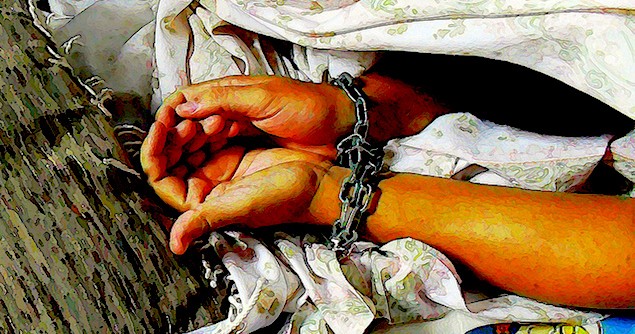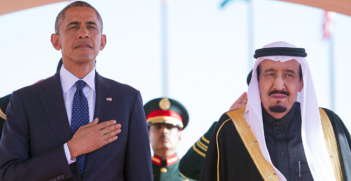Innovation in the Anti-Trafficking Movement

One of the greatest challenges for the global anti human trafficking initiative is the lack of effective collaboration and information sharing between anti-trafficking organisations. Addressing this problem, Camille Pesava draws attention to Walk Free Foundation’s Directory as an effective tool to counter this obstacle.
The lack of transparency and communication between anti-trafficking organisations in the international sphere greatly impedes their efforts to combat the forces behind modern slavery. These organisations are often isolated and in need of resources and support that are currently not available. Platforms for collaboration, communication and access to services need to be established in order for the global issue of human trafficking to garner an effective global response. If such a platform can be achieved, the anti-trafficking movement would undoubtedly strengthen and render the goal to end modern slavery within our generation increasingly attainable.
To address this gap, the Global Modern Slavery Directory, a result of the collaborative efforts of the Walk Free Foundation, Polaris Project and the Freedom Fund, was born out of a much-needed initiative to unify the anti-trafficking movement. The Directory is set to overcome the absence of transparency in the international sphere by connecting anti-trafficking entities with each other as well as with victims. As the growing scope of actors dealing with trafficking issues varies greatly—from NGOs and government agencies to multilateral institutions and international organisations—a unified platform offered by the Directory becomes essential to facilitate widespread cooperation. In essence, the Directory provides the means for the extensive range of actors to easily share information and data, as well as enabling them to collaborate and communicate.
The Directory also serves as an invaluable resource for researchers, policy advocates, government officials, and academics; all of whom will greatly benefit from facilitated access to information. Given that it is difficult to comprehend the global scale of the anti-trafficking movement lacking a centralised point of access where all anti-trafficking actors are clearly presented. The existence of the Directory means that dimensions of the movement can now be properly understood and researched. In clearly mapping available information, this database will also reveal the strengths and weaknesses of the global anti-trafficking movement, assisting researchers to focus their energy on improving the weaker areas.
Beyond those providing anti-trafficking services, the Directory is a crucial source for victims of human trafficking. The Directory actively connects victims and at-risk populations with the information and support they need. Presenting this information on an accessible, centralised platform means help can be provided much more efficiently, easing victim reintegration into society. Many actors who have been working in isolation now have access to a wide range of resources further empowered by being part of a wider movement.
In 2013, organisations handling 2542 European human trafficking cases reached out to the Europol law enforcement agency for support after noting a constant rise in their workloads. It was noted that a significant number of these cases could have gained assistance from local actors but there was ignorance of the existence of these actors.. The Directory indicates that over 250 anti-slavery organizations are located across Europe, many of which provide advocacy and legal services. With this information at hand, Europol is now able to rapidly and efficiently distribute human trafficking cases amongst relevant actors. This takes a bulk of unnecessary pressure off Europol and enables the agency to focus more energy into fewer cases, generating greater chances of success.
The Directory currently identifies over 850 organisations committed to ending modern slavery in over 120 countries across the world. The website offers a visual representation of the wide-reaching scope of the organisations by geographically placing them across the world map and includes publicly accessible information such as contact numbers, language capacity, services and recipient populations as well as hotlines. Even if you are unaware of the organisations that exist within a specific region, the search mechanism allows investigation by location that can be further enhanced by an advanced search option, allowing users to specify their inquiry in relation to factors such as age, trafficking type, populations affected and gender.
Endorsed by the Clinton Global Initiative, the Directory has the potential to transform the landscape of modern slavery organisations. The Directory will continue to expand in order to provide 100 per cent geographic coverage, with a minimum of 3000 contacts to be incorporated by 2017. Organisations and institutions involved will be able to maintain and keep their information up to date, allowing the current model to evolve with the freedom movement.
The globalised nature of human trafficking requires a transformation of the current international landscape. To address this need, the Walk Free Foundation, Polaris Project and the Freedom Fund are currently leading the way to a future in which the response to human trafficking is consolidated into a unified, empowered movement, with the Directory as the innovative tool to ensuring a coordinated and global response.
Camille Pesava is a Master of International Relations student at the University of Western Australia and an intern at the Walk Free Foundation.




